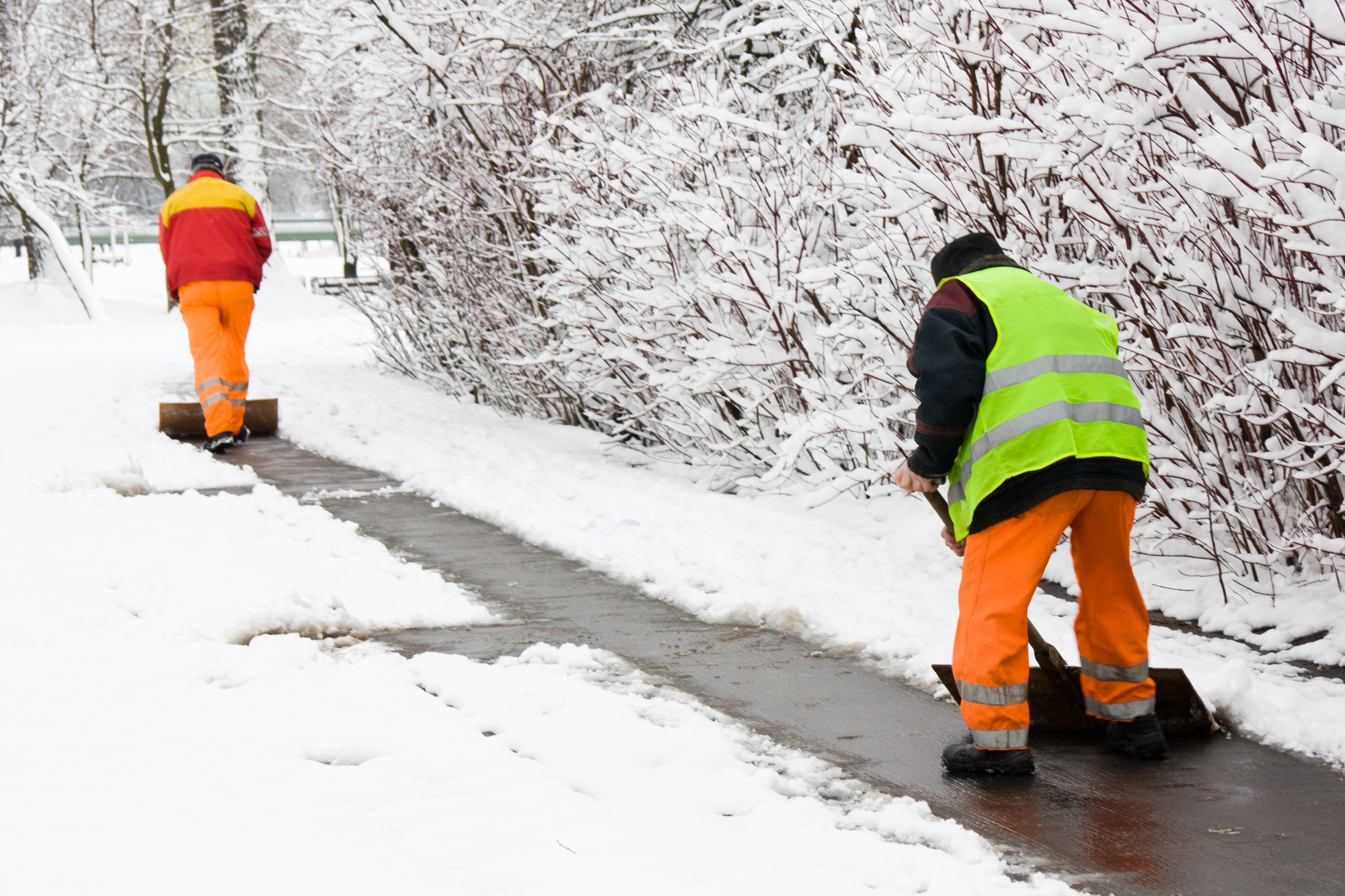
Commercial property owners in New Jersey are obligated to take reasonable precautions in preventing injuries caused by winter weather. Because of the amount of snow and ice the state experiences each winter, businesses generally remain open in winter weather and invite customers to their premises. This creates a unique mandate for owners to minimize the risk of injury on their property.
Obligations to Clear Snow and Ice
Snow and ice are a primary cause of injury on commercial properties in relation to winter weather. Shoppers carrying bags or talking on their phones, or even those taking precautions against a slip and fall, have the potential to injure themselves in the parking lot, on sidewalks, or when entering a store due to snow tracked in from outside.
While residential property owners are not obligated to remove snow and ice from their properties, commercial property owners are mandated to keep their sidewalks and parking lots in good condition for the protection of the public, within a reasonable and prudent manner.
The courts have ruled they are “liable for injuries on the sidewalks abutting their property that are caused by their negligent failure to maintain the sidewalks in reasonably good condition.”
There are caveats to these laws, however. Courts have ruled defendants are not obligated to remove snow and ice in the midst of a storm but instead can generally wait until the winter weather has accumulated in its entirety. Additionally, the plaintiff must prove the injury was directly related to the hazardous conditions.
How Status Impacts Liability
A key factor in a property owner’s liability for a slip and fall injury, including those related to winter weather, is the status of the injured party. The three primary classification of visitors to a property are a business invitee, licensee, and trespasser.
A business invitee visits a property for the purpose of a transaction that results in monetary gain for the commercial property owner; therefore, the business invitee has the highest degree of legal protection.
An example of a licensee is a social guest in someone’s home, and the property owner is obligated to explain to guests any dangerous conditions.
A trespasser, who is someone not legally allowed on the property, is not owed a high degree of protection, only that the owner not recklessly or intentionally cause them injury.
Legal Representation for a Slip and Fall
On commercial properties, slips and falls are a common injury, especially during the winter months. Alert the property owner if you have been injured and take pictures of the area to document the hazardous conditions.
The statute of limitations for personal injury in New Jersey is two years, and legal representation ensures you are treated fairly throughout the litigation process. Your lawyer can ask key questions such as if there were processes in place for snow removal or if any precautions were taken by the defendant before the winter weather began.
At Dansky | Katz | Ringold | York, our legal team features experts in slip-and-fall injuries. We represent you in seeking compensation for pain, medical expenses, and lost income during your recovery. Contact DKRY today for a free consultation, or call our toll free number: 800-609-7577.
